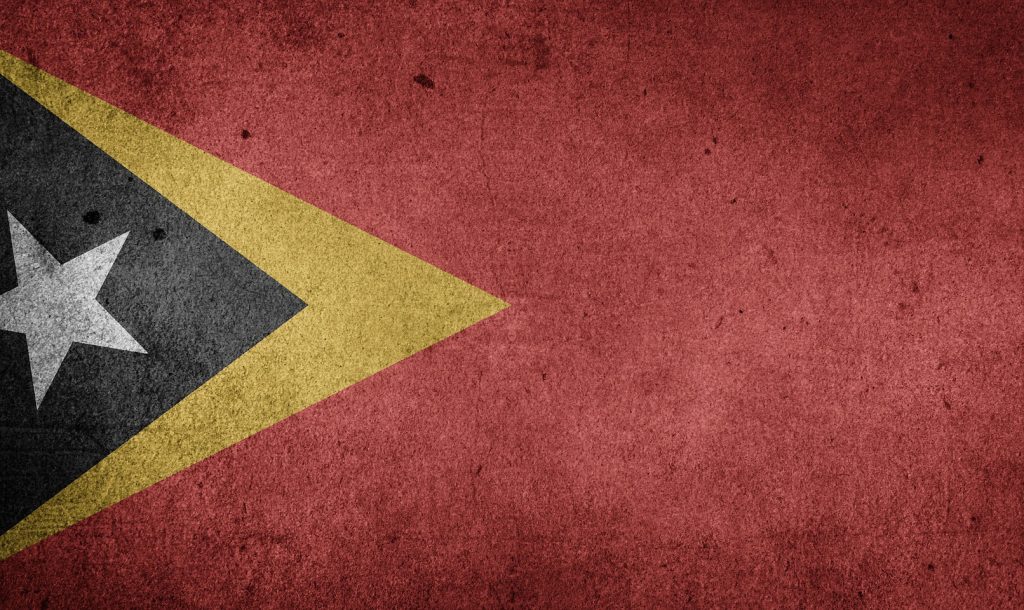The longer Timor-Leste’s membership is delayed will only reflect negatively on ASEAN’s decision-making process, writes Khoo Ying Hooi.
2017 is a pivotal year for the Association of Southeast Asia Nations (ASEAN) as it celebrates its 50 years since its founding. Among the puzzles that need to be solved is whether Timor Leste will be formally accepted as the regional bloc’s 11th member.
As the newest country in Southeast Asia, Timor Leste and its place in the region is often overlooked.
Timor-Leste is vulnerable not only as a small and relatively young state. The fact that it has suffered an Indonesian occupation that destroyed its economy and infrastructure prior to the restoration of independence in May 2002, means it faces various post-conflict challenges, including having its voice heard in regional and international forums.
Timor-Leste expressed its desire to be part of ASEAN right after the restoration of independence in 2002. In July 2005, it became a member of the ASEAN Regional Forum (ARF) and it signed the ASEAN Treaty on Amity and Cooperation in 2007. As outlined in its Strategic Development Plan 2011-2030, Timor-Leste’s aspiration to join ASEAN is based on geographical location, the wishes of the country’s leaders and people, and its cultural affinity with its neighbours.
Timor-Leste officially applied for ASEAN membership in March 2011 during Indonesia’s chairmanship after a number of years of ASEAN observer status. An ASEAN Coordinating Council Working Group (ACCWG) was then set up and tasked to assess Timor-Leste’s readiness to be part of the regional grouping, and the implications for ASEAN if it did join. It has been almost six years now since its official application in 2011.
With its domestic challenges, some questioned Timor-Leste’s aspiration for ASEAN membership, as well as the benefits and costs of joining. For Timor-Leste’s part, ASEAN membership is hoped to provide access to an established forum where important issues such as security, economic development and integration, and sociocultural matters can be pursued.
Timor-Leste has indeed come a long way. The nation’s independence came at a high price. Now, the country is gradually moving from fragility to a country that is consolidating and strengthening the necessary foundations of a state. But that is not without obstacles.
In ASEAN’s 50th year,many are hoping that the Philippines will use its chairmanship to accelerate Timor-Leste’s formal membership to the regional bloc. Under the theme of “Partnering for Change, Engaging the World” as announced by President Rodrigo Duterte last September 2016 in Laos, it is hope that ASEAN could live up to its inspiration as a model of greater regional integration when it comes to Timor-Leste.
Timor-Leste has done everything it can to be part of ASEAN. Now, the question is not what Timor-Leste will have to accomplish to be accepted formally as ASEAN’s 11th Member State. The test now lies with ASEAN leaders, and whether they can live up to the ASEAN aspiration as lauded in the ASEAN Community.
The longer Timor-Leste’s membership is delayed will only reflect negatively on ASEAN’s decision-making process that has often being criticised. It is time to demonstrate ASEAN’s commitment to a region made prosperous through the spirit of cooperation and integration and most importantly, a people-centred organisation.
Khoo Ying Hooi (PhD) is Senior Lecturer at the Department of International and Strategic Studies, Faculty of Arts and Social Sciences, University of Malaya, Malaysia.
 Facebook
Facebook  Twitter
Twitter  Soundcloud
Soundcloud  Youtube
Youtube  Rss
Rss 